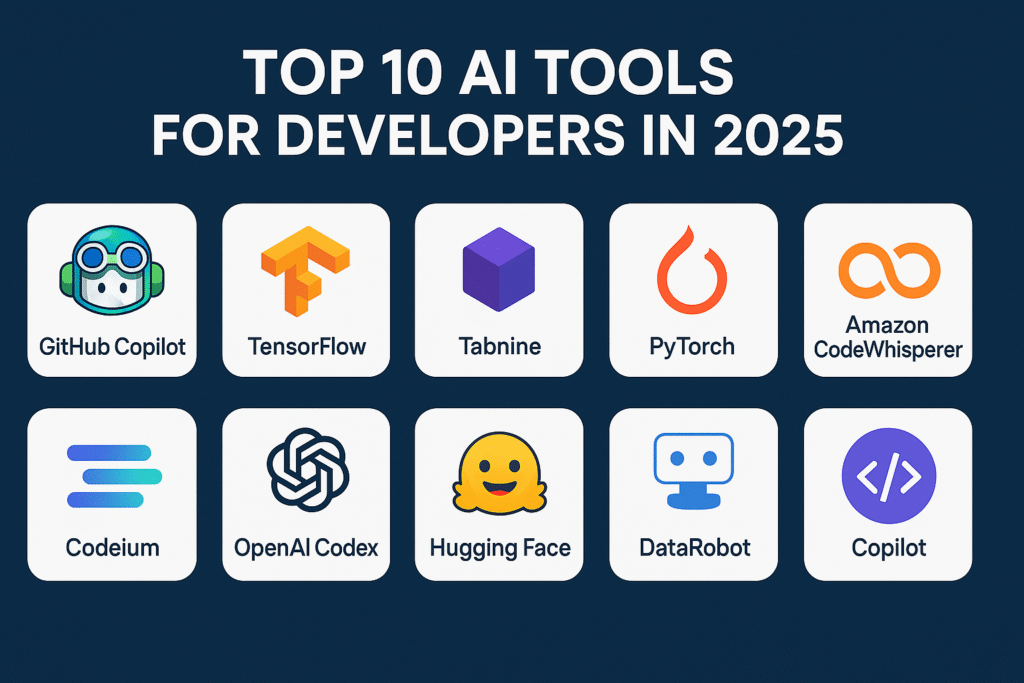
1. GitHub Copilot X
Best for:
Code completion, suggestions, and documentation.
Why it’s great:
Copilot X takes the original Copilot a step further by integrating voice support, pull request management, and deep IDE integration. Built on OpenAI’s GPT-4, it understands context and offers intelligent suggestions that go beyond boilerplate.
2. OpenAI Codex API
Best for:
Custom code generation and AI integration
Why it’s great:
Codex powers many code-focused AI tools. It’s perfect for devs looking to embed AI capabilities directly into their apps, IDEs, or platforms. With support for dozens of programming languages, it can be fine-tuned for niche workflows.
3. Cursor
Best for:
AI-first code editing experience
Why it’s great:
Cursor is a VS Code fork designed with AI at its core. It lets you chat with your codebase, auto-refactor functions, and debug more intuitively. The seamless interface makes it feel like you’re pair programming with an expert dev.
4. Tabnine
Best for:
Secure, on-premise AI coding
Why it’s great:
For teams with strict privacy and compliance needs, Tabnine offers private AI models and team training options. Its autocomplete is fast, privacy-first, and can be fine-tuned on your company’s codebase.
5. Amazon CodeWhisperer
Best for:
AWS-integrated development
Why it’s great:
Optimized for cloud-native development, CodeWhisperer offers context-aware code suggestions across multiple IDEs and integrates smoothly with AWS services. It’s ideal for full-stack cloud app development.
6. Kite (Next-Gen)
Best for:
Lightweight local AI coding help
Why it’s great:
While Kite paused in 2023, new open-source forks and community-led versions have revived it. The next-gen Kite tools prioritize fast, offline AI suggestions without relying heavily on the cloud.
7. Replit AI
Best for:
Full-stack web app prototyping
Why it’s great:
Replit has matured into a robust AI-powered IDE that lets you build and deploy apps right in the browser. Its Ghostwriter AI helps with logic, bug fixing, and real-time collaboration, all within seconds.
8. Codeium
Best for:
Enterprise AI-assisted coding
Why it’s great:
Codeium has quickly become popular for its free, fast AI autocomplete, offering compatibility with over 40 languages. It’s also committed to security and privacy—making it a solid Copilot alternative for businesses.
9. Hugging Face Transformers + Inference API
Best for:
Custom AI model integration
Why it’s great:
If you’re building ML or NLP features into your app, Hugging Face offers state-of-the-art models (like BERT, T5, and Falcon). Their Inference API lets you use these models in production with just a few lines of code.
10. LangChain
Best for:
Building AI-powered apps and agents
Why it’s great:
LangChain is an open-source framework for building applications with LLMs. Developers can orchestrate prompts, memory, tools, and agents for powerful AI experiences—from chatbots to autonomous systems.
Popular Use Case: Creating AI agents that can browse the web, run calculations, and make decisions.